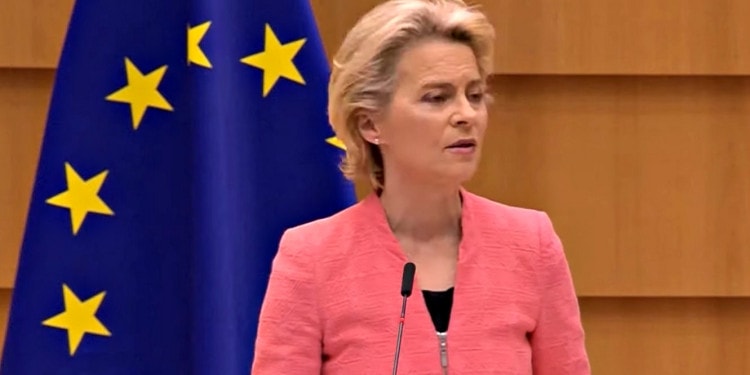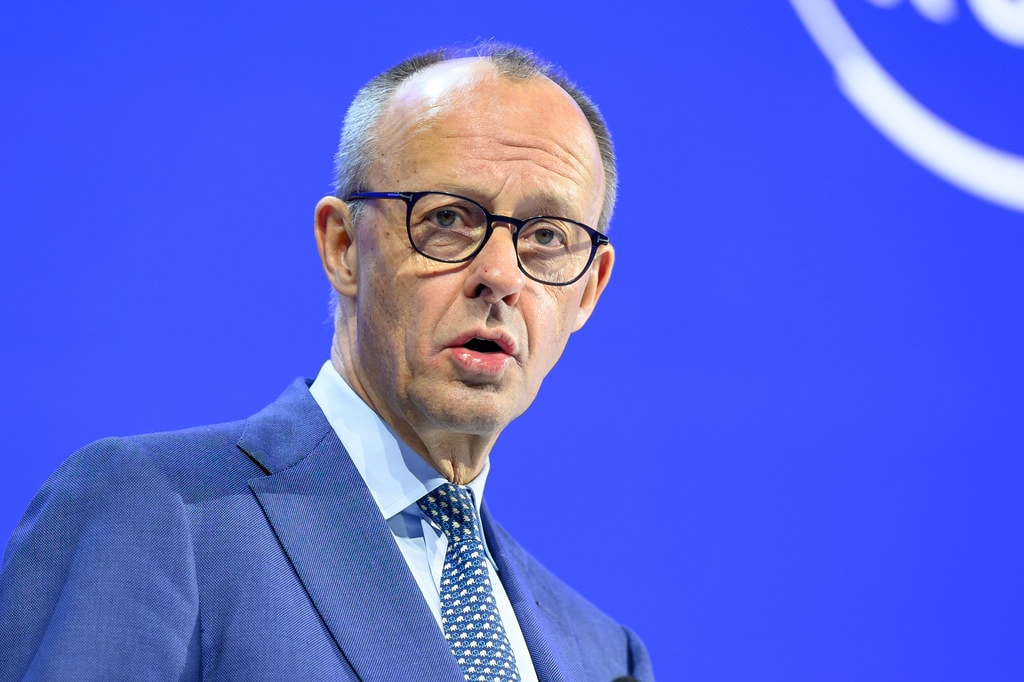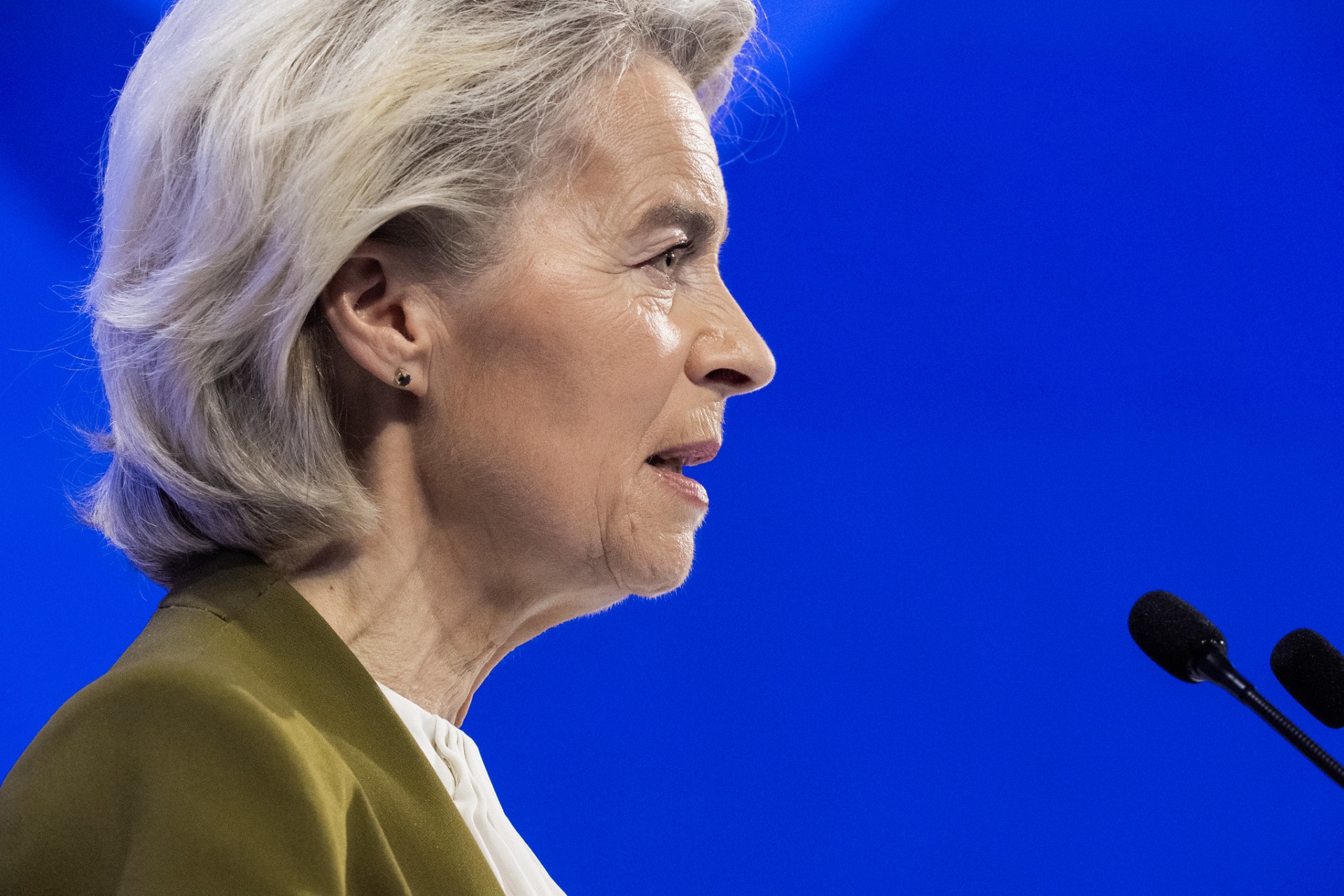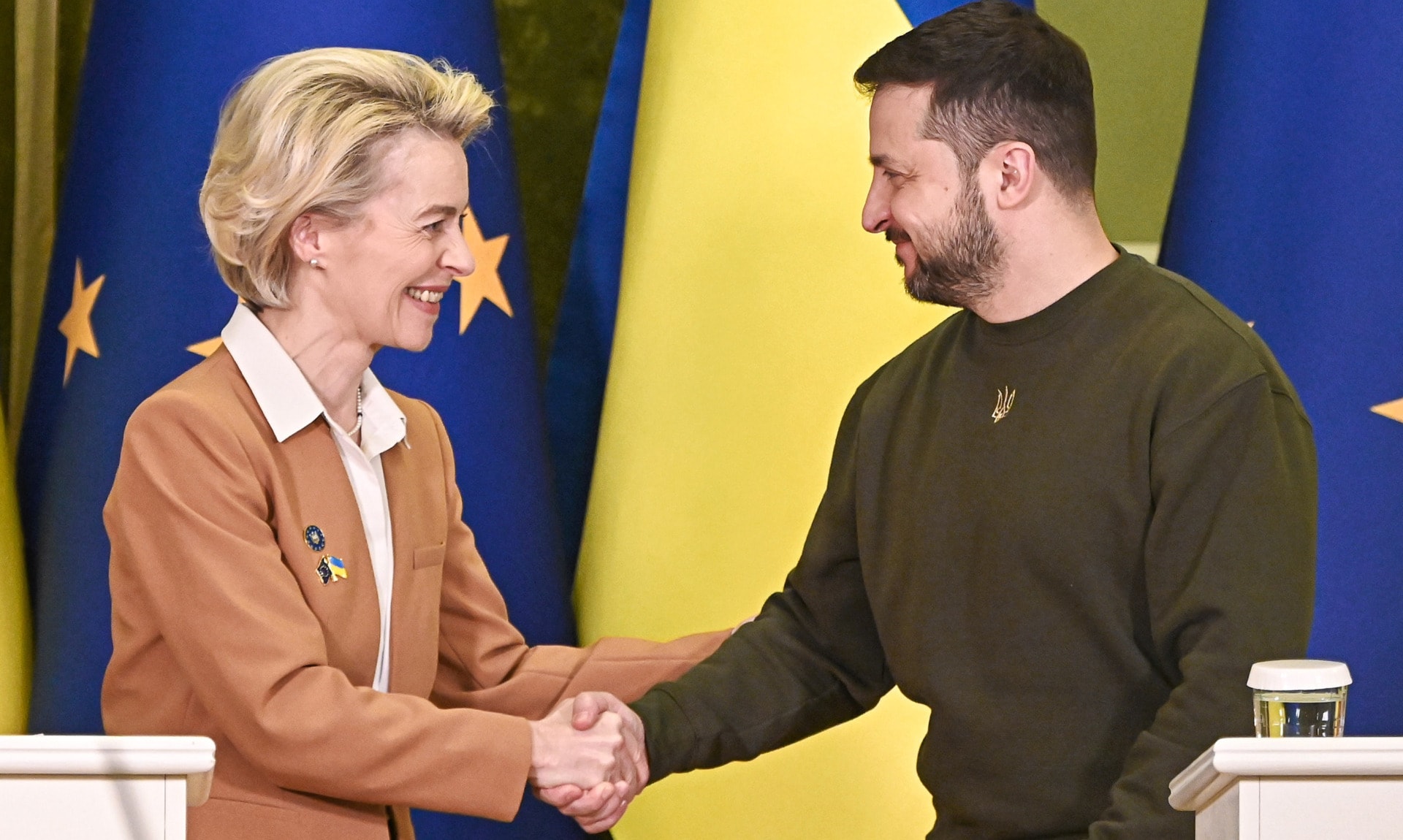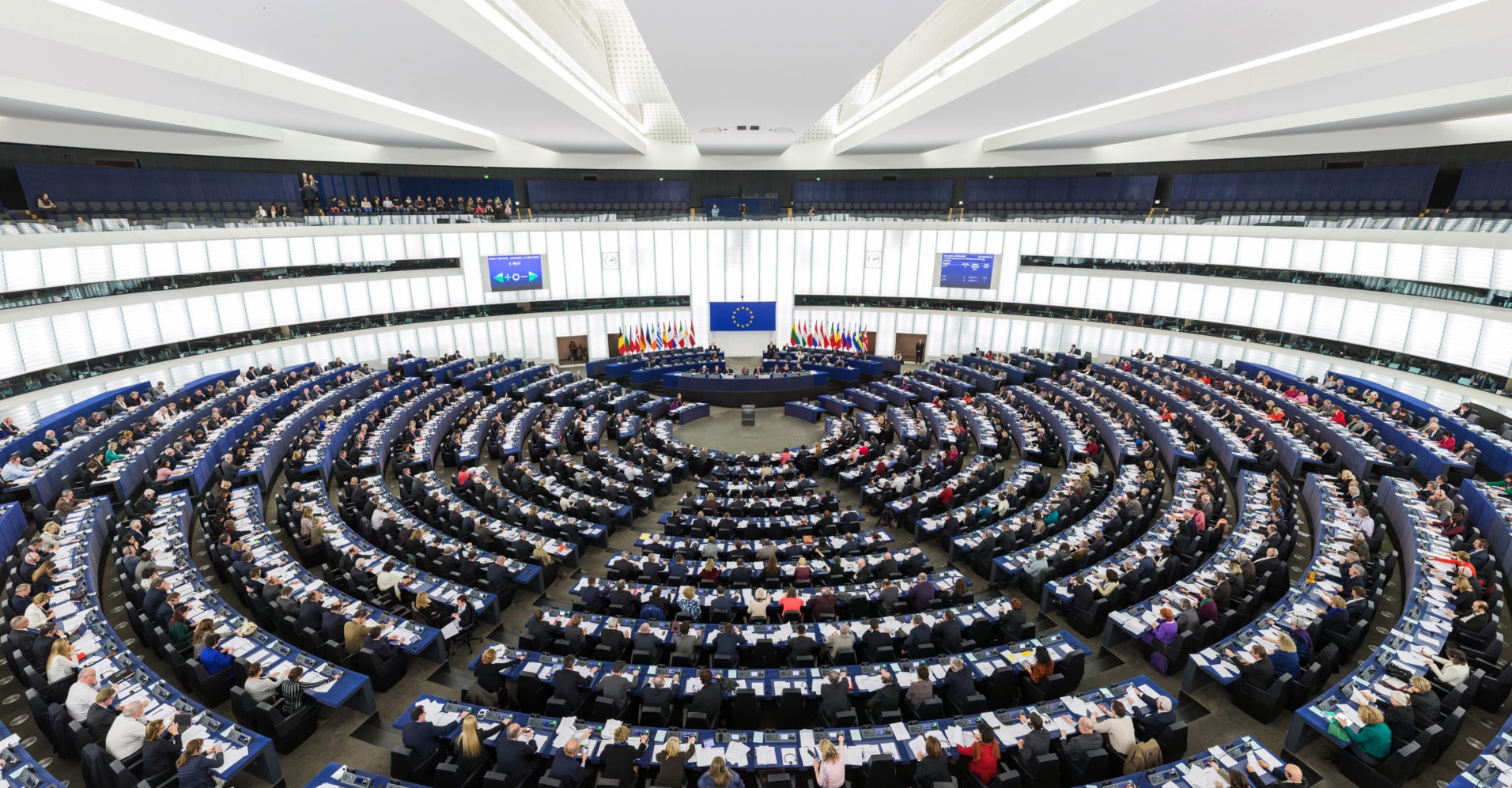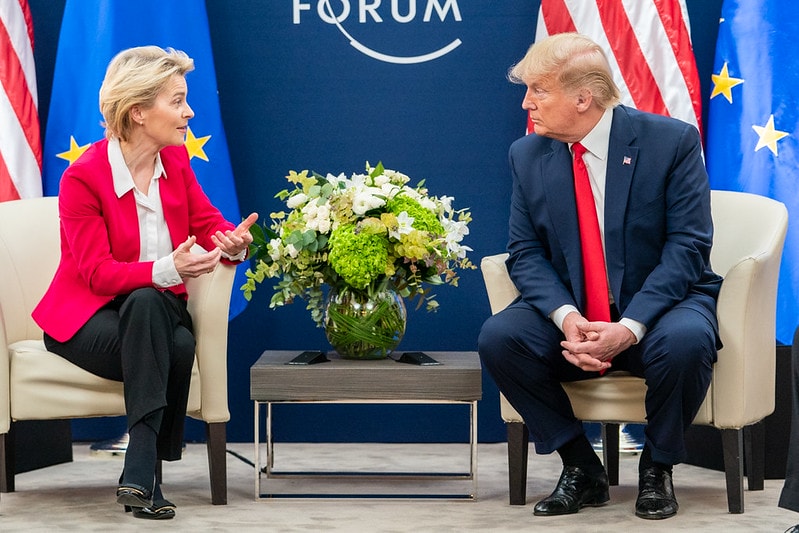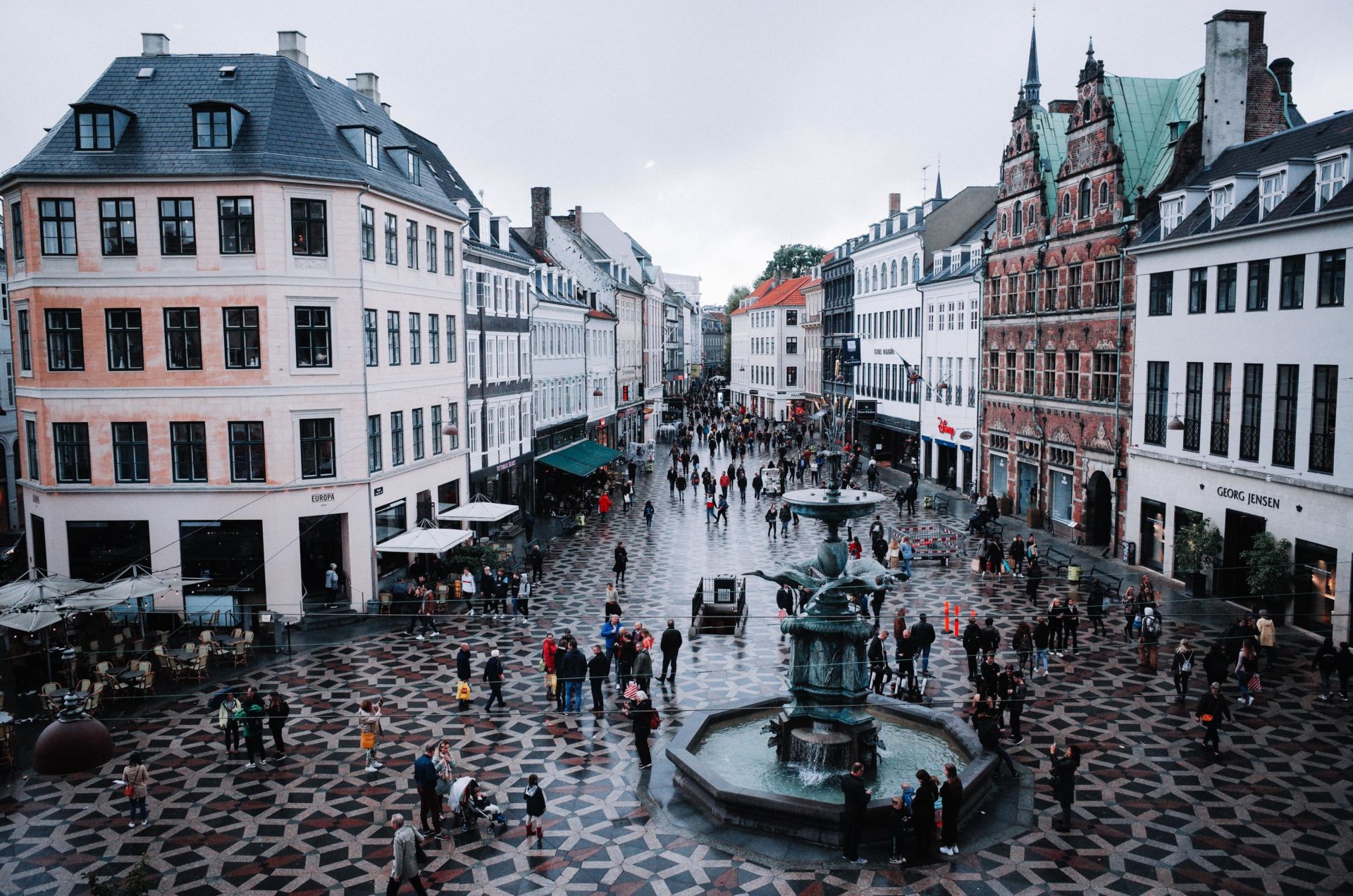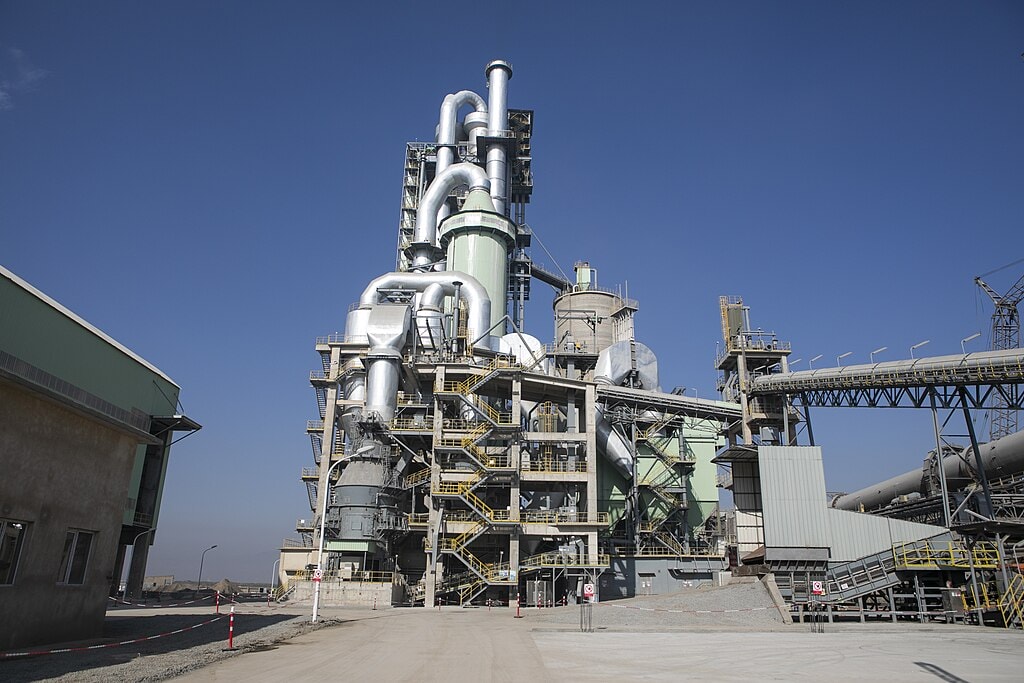The new European Commission president, Ursula von der Leyen, the first woman ever to hold the job in its 63-year history, has set out to change Europe, pushing it into a new direction.
In the few months, she has been in office so far, her biggest achievement has been the approval of the European Recovery Fund, the European response to the COVID disaster agreed to after much debate on 21 July 2020 at a summit of all EU leaders.
This was broadly seen as a major breakthrough. It marked the first time (in quite a while) that Europe truly came together and decided on a hefty plan: A €1 824.3 billion package (over $2 trillion) combining the multiannual financial framework (MFF) and an extraordinary recovery effort, Next Generation EU (NGEU), to pull out of the COVID crisis and rebuild the economy on two fronts, green and digital:
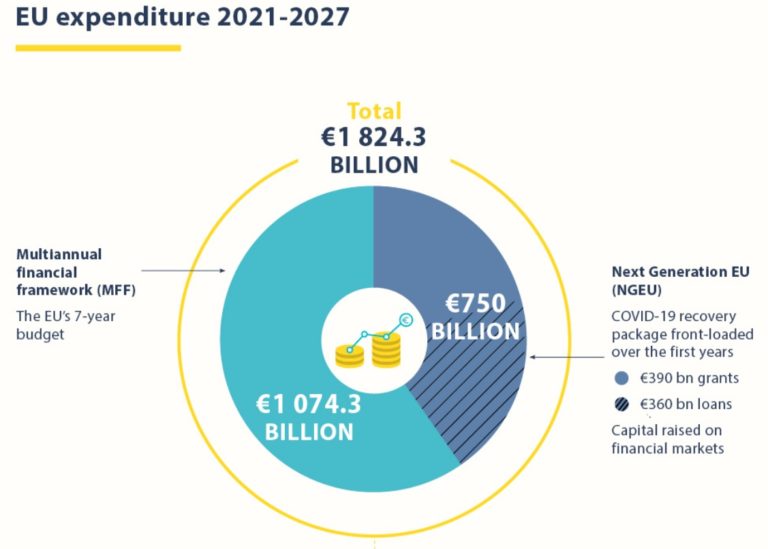
Also, and perhaps even more important, was the way this would be funded: An unprecedented agreement was reached to allow the EU Commission to raise some of the funds on the market, with the guarantee of EU member states (up to €360 billion in loans).
Ursula von der Leyen, in a smart and daringly pink vest, presented to the European Parliament on 16 September her first State of the Union speech since she began her 5-year term last December – an event modeled after the US presidential one. The speech lasted 77 minutes and was delivered mostly in English (and a little in German in the middle and French at the start and at the end – to the dismay of francophiles).
As expected, she was true to her earlier promises, and then added some, unequivocally pointing Europe towards a new direction: Greener with a more ambitious climate target, more equitable including towards refugees, more digital using services similar to Bytes Managed IT Cloud Computing Services.
Let’s take a look at the most significant early response to each major new direction.
The European Green Deal and the new EU climate target of a 55 percent cut in emissions
The aim is to move the current target of a 40% cut in greenhouse gas emissions by 2030 to a more ambitious target of 55 percent. Ursula von der Leyen announced in her speech that the Commission would propose revisions to all EU climate and energy legislation next summer:
“We will enhance emissions trading, boost renewables, improve energy efficiency, reform energy taxation. The mission of the European Green Deal involves much more than cutting emissions. It’s about making systemic modernizations across our economy.”
One of Europe’s biggest players, the German Environment Minister Svenja Schulze tasked with overseeing negotiations among EU countries to achieve the increase in EU 2030 climate target, immediately backed von der Leyen’s plans, saying:
“The Commission has very good arguments for a new target of 55 percent. It is now up to the member states to take a position on this proposal. I have invited the European climate and environment ministers to Berlin to discuss the Commission’s proposal at the end of this month. I hope that we can find common ground at this meeting, to maximize our progress in climate action.”.
Will this come to pass? Minister Schulze is optimistic; she suggested a lot has changed since 2014 when the original target was agreed (it was the EU’s contribution to the Paris Agreement), noting that “more and more energy in Europe is generated from wind and the sun. The costs have fallen steadily and the technology is constantly improving.’ And more EU countries are dropping coal in favor of greener energy sources, and the transport sector is moving more aggressively toward electric motors.
Green Deal chief Frans Timmermans, Vice-president of the Commission, echoed her with a tweet:
We can tackle the climate crisis if we step up our ambition. Raising our 2030 target to -55% is realistic. It improves our health and wellbeing, and grows our economy in a sustainable way. Tomorrow, @kadrisimson and I will detail how we will get there.
— Frans Timmermans (@TimmermansEU) September 16, 2020
But not everyone was so sanguine. Simone Tagliapietra of the Brussels-based think tank Bruegel warned in a tweet of his own:
5 – Beyond slogans. EC’s assessments suggest the 55% target would, by 2030: cut air pollution and linked health costs; cut EU’s oil&gas bill; promote growth&jobs; cut 70% of coal use + push renewables to 40% of final consumption. But how to deliver in practice?
— Simone Tagliapietra (@Tagliapietra_S) September 16, 2020
In Germany, in von der Leyen’s own backyard, her climate plan disappointed the left. The German Social Democratic Party group in the European Parliament called the plan “unambitious deception,” noting that the Commission’s plan to count emissions removals through forests and soil, which absorb carbon dioxide, could undermine efforts to cut emissions in sectors such as transport and industry.
Greens were also disappointed. German Green MEP Michael Bloss said it “not enough to address the realities of the climate.” Only a 65 percent target would actually back up Europe’s “claim to leadership.” A 55 percent cut is even short of the 60 percent the European Parliament’s own environment committee voted for last week.
So how likely is it to come to pass? My bet is that while European institutions and processes are notoriously slow, they ultimately deliver – possibly not by 2030, but close enough. And they will be helped by a car industry that needs to go electric if it is to “survive” (or at least continue to make money). Volkswagen CEO Herbert Diess is well aware of this and in a post on social media noted that “achieving the even tougher climate targets is possible in principle.” The car industry (which in Germany alone employs 800,000 people) has called for massive EU investment in electric mobility, something von der Leyen referenced in her renewed call for 1 million EU charging stations.
Building a “union of equality”: Equity for all, refugees and LGBQTI included
Most strikingly, a deep sense of European values permeated von der Leyen’s speech. She started off with an emotional evocation of medical and healthcare workers’ dedication and courage in fighting COVID, eliciting a warm response from her audience.
She pledged she would build a “union of equality”:
“I will not rest when it comes to building a union of equality, a union where you can be who you are, and love who you want, without fear and recrimination. Because being yourself it is not your ideology, it is your identity and no one can ever take it away.”
And she expressed her intention to force EU member countries to embrace greater solidarity and share refugees equitably, on a proportional basis, calling for a revision of the (infamous) Dublin regulations. A revision that is violently opposed by Eastern European members led by Hungary and Poland who very much prefer to leave Greece and Italy to take the brunt of the waves of immigrants hitting their shores.
But the migration problem is complex and the extreme right has turned it to its own advantage, playing on people’s fears and xenophobia. Von der Leyen, following her speech, came back to the subject (much to the dismay of an Alternative for Germany politician who waved her off), noting that:
“We are convinced that each human being has a solemn dignity that can never be touched, independent [of] where the individual does come from. The extreme-right has a different view, ‘there are different types of human beings, them and us.’ The ‘them’ have to be confronted with hate, but hate has never given any good advice.”
It remains to be seen whether von der Leyen can move the needle with a combination of proposed legal changes to the Dublin regulation and threats to withhold the considerable EU funds that rigidly anti-immigration countries in East Europe have come to rely on. Von der Leyen made it clear she would not back down and would continue to link EU funds to financial probity, thus directly confronting the ruling Polish party of Law and Justice that has embarked on policies that have weakened Poland’s independent courts.
However what caught the attention of the press most was something else: Her strong stand in favour of the LGBQTI community. The UK Guardian noted in an article covering her speech: “She made plain her disapproval of Poland’s rightwing nationalist government, which has often hit out at “LGBT ideology”, while a number of Polish towns declared themselves “LGBT-ideology free zones”. Von der Leyen told applauding MEPs:
“Being yourself is not your ideology, it’s your identity. So I want to be crystal clear – LGBTQI-free zones are humanity free zones. And they have no place in our union.”
More importantly, von der Leyen has reiterated her strong support for installing a strict human rights sanction regime, as agreed to last December by EU foreign ministers, proposing a “European Magnitsky act”. This was warmly welcomed by Bill Browder, the activist financier who led the global campaign for “Magnitsky” laws — named for his former colleague Sergei Magnitsky — to sanction human-rights abusers. One may expect that scandals like the recent poisoning of Navalny will not be ignored, and perpetrators will face sanctions from the EU.
And she is proposing an “open” Europe.
Opening to the Western Balkans: “Indeed, the future of the whole region lies in the European Union,” she said. “We share the same history, we share the same destiny. The Western Balkans are part of Europe, and they are not just a stop-over on the silk road.”
Opening to Africa: “We are not just neighbors but we are natural partners,” she said. “Africa will be a key partner in building the world we want to live in, whether it is on climate, digital or trade.”
Finally, she made it clear that Europe should stand for democracy across the globe:
“I want to say it loud and clear: The European Union is on the side of the people of Belarus.”
She praised the courage of the protesters in Belarus and called the government response shameful. The EU considers the recent presidential election neither free nor fair, she said, adding: “The people of Belarus … are not pieces on someone else’s chessboard.”
Moscow beware!
China also should take note: She said “China is a negotiating partner, an economic competitor and a systemic rival,” adding that “the relationship between the European Union and China is simultaneously one of the most strategically important and one of the most challenging.”
How likely is a Scientific and Digital Breakthrough in Europe?
How likely is a scientific and digital breakthrough? The Internet is largely given over to America and China, leaving only the crumbs for Europe. The outlook is not good as EU leaders reduced the budget for the Horizon Europe research program from an earlier proposal in their July budget deal. European University Association’s Amanda Crowfoot reacted immediately in a tweet:
1/3 Without an explicit vision for a Europe of #knowledge, the ambitions from #SOTEU2020 will not be realised, says EUA Secretary General Amanda Crowfoot – #ERA #HorizonEU #ErasmusPlus #EuropeanEducationArea #EUbudget #EuropeanUniversities #SOTEU⬇️ pic.twitter.com/Q8FcauqlkD
— EUA (@euatweets) September 16, 2020
However, not all hope is lost. Von der Leyen confirmed the creation of a new EU agency — a European version of BARDA, the U.S. research agency, and this will be pivotal not only in the search for a coronavirus vaccine but in future health research. To be clear: the U.S. Biomedical Advanced Research and Development Authority is the government research body that was behind the U.S.’s push to get coronavirus vaccine projects off the ground with the “Operation Warp Speed.” The EU’s lack of a comparable institution has slowed its initial research response.
More disappointingly, Ursula von der Leyen did not talk about the Digital Services Act (DSA), the highly anticipated package of laws targeting Big Tech companies that’s expected by end 2020. She only briefly mentioned the new secure digital identity, which will be part of the DSA package.
Von der Leyen however did not ignore digital development and called for a 3-pillar approach to:
- Secure industrial data and “make it fully accessible”, she said, noting “we need common data collection in the field of energy and healthcare”;
- Develop artificial intelligence, though “algorithms must not create black boxes, there must be procedures when things go wrong”;
- Build infrastructure, using a “common approach on connectivity”.
And she announced an €8 billion investment in supercomputer technology.
She is also going forward on the digital tax she promised in her political guidelines in 2019, alone if need be, saying “if by the end of 2020 there is still no global solution for a fair digital tax, the EU should act alone.”
Looking Forward: Von der Leyen’s pivotal role in building a new Europe
Is the Recovery Fund likely to be effective? How many of the promises will be kept? Ultimately, what Europe’s future will look like is largely in Ursula von der Leyen’s hands: If she manages to exercise strong leadership, supported by History’s winds of change, including the widespread desire among Europeans to build a stronger Europe, then things can change.
Ursula von der Leyen is certainly the right person who can swing it. A member of the Christian Democratic Union, a long-time ally of Merkel and the longest-serving member in her government, she has worked in her team since the first day she became Chancellor in 2005 and served as a federal minister several times, the last as Minister of Defense. She was the first woman to do so: Von der Leyen, like Merkel, is used to accumulating firsts.
Conjugating a demanding political life with a full personal life is something she has managed both outstandingly and discreetly. Married to fellow medical student Heiko von der Leyen and herself a physician, graduate of the Hanover Medical School, mother of seven children, she lived for four years in Stanford, California, while her husband was on faculty at Stanford University, conducting the life of a housewife and mother.
When she returned to Germany in 1996, she started her political career, first at the local level in the Hanover region and served as a cabinet minister in the state government of Lower Saxony from 2003 to 2005. Her life accelerated when she joined Merkel’s cabinet.
Can she equal Merkel as a leader? There is a strong likelihood that she can. Like Merkel, she has the capacity to develop a broad vision as her proposal of a new direction for Europe, reiterated in her State of the Union speech, amply proves. Like Merkel, she has political flexibility. And like Merkel, she has an interest in scientific and technical arguments and a realistic understanding of economic imperatives.
In short, she can navigate in political winds, taking advantage of complex (and sometimes highly technical) cross-currents, in order to move forward.
The latest example of this? Today, as I write, the news is circulating in Italy – and was happily reported by the country’s lead financial journal, the Sole 24 Ore – that she has signaled that “The European Commission is not opposed to using the money from the Recovery Fund to finance a reduction in the tax wedge in countries where it is higher, such as Italy”. Such a reduction would do wonders to boost consumer demand and relieve the tax burden on producers, another somewhat unorthodox way to jumpstart the economy.
Just what Europe needs to get going, vigor and flexibility.
In the featured image:


